The founder of Varamis Rail is adamant that the freight operator will survive, after it ceased operations until September.
Rumours swirled in late July that the company had entered administration, which Varamis Managing Director Phil Read has denied.
The founder of Varamis Rail is adamant that the freight operator will survive, after it ceased operations until September.
Rumours swirled in late July that the company had entered administration, which Varamis Managing Director Phil Read has denied.
However, Network Rail is owed several periods of unpaid track access charges - thought to be approximately £600,000, which will not be repaid if services don’t resume. If Varamis does restart, NR is understood to want a payment plan in place.
Varamis hasn’t operated a train since June 19, after DB Cargo UK (DBC) served a termination notice the following day preventing the parcels operator from using the platform it leases at Mossend.
Read told RAIL that DBC’s notice said the platform was “unsafe” and would be out of action “with immediate effect”, something which “blindsided” management.
“They [DBC] didn’t talk to us. They didn’t tell us when the inspection was being made,” he said.
“If we had taken goods that night, we’d have had to cancel that service.”
RAIL understands that DBC was surprised at the suggestion that it caught Varamis unaware with the inspection and subsequent termination notice, and that there are operational safety concerns that need addressing along with corrosion issues with the platform itself.
RAIL was also told that Varamis owes money to DBC (understood to be more than £10,000). That debt, along with confirmation of new safety practices and remedial action on the platform, must be resolved before Varamis services can use Mossend again.
Meanwhile, claims that a prohibition notice had been served against the operator by the Office of Rail and Road, for breaching safety rules, have been denied by both the regulator and Varamis.
Read admitted that Varamis had been “burning a considerable amount of cash for a while”, and said the pause in operations would allow senior management to “stop and reflect”.
Apart from a handful of employees, staff have been placed on unpaid furlough. Read said everyone was “on zero hours”.
“It’s not ideal. It’s not something I wanted to happen, but we’ve got to make decisions that are in the best interests of the company,” he said.
He continued that there was “good will” within the company, and that staff will be back on a permanent basis when services restart.
Read said the problems facing Varamis have been down to a lack of growth, rather than costs.
“(The customers) are all really happy with the service, but have not been able to drive the volume through the trains that would make us break even,” he told RAIL.
“We’ve not seen the increase we thought we would. The customers never scaled up as quickly as they told us they would.”
He remained hopeful that the autumn will bring more traffic in the build-up to Christmas, saying: “We hope to keep talking to the customers we have, and to talk to new customers [ahead of restarting in September].”
During its hiatus, Varamis has raised more funds to continue trading.
Read is also confident that Varamis will retain its paths. Network Rail can declare a ‘Failure to Use’ if they are unused for 13 consecutive weeks, but Read told RAIL he would be “really disappointed” if that happened.
“There are lots of paths on the West Coast Main Line that have gone well beyond 13 weeks [unused]. We won’t reach 13 weeks.”
Regarding high-speed freight more widely, he added: “I’ve done all I can for the railway to bring in this new market. We’ve been running proof of concept for the last two and a half years. Costs of high-speed freight are more competitive than other forms of rail freight.
“I appreciate all the support we have had from Network Rail. Without that we would not be where we are.”
A Network Rail spokesman added: “We’ve been working closely with Varamis to try and keep their business moving by rail, and are committed to building rail freight across Britain’s rail network.”
Read also confirmed that Varamis had “rescued” the remaining former Royal Mail Class 325 electric multiple units from being scrapped.
Nine were taken to Newport in late 2024 for cutting up, leaving six which remain at Willesden PRDC.
He disputed suggestions that the operator wanted to dispose of any of its ten Class 321s.
And he envisages the ‘325s’ being used in the South East if it expands into that area, with the ‘321s’ being needed for other routes such as the East Coast.
Login to continue reading
Or register with RAIL to keep up-to-date with the latest news, insight and opinion.

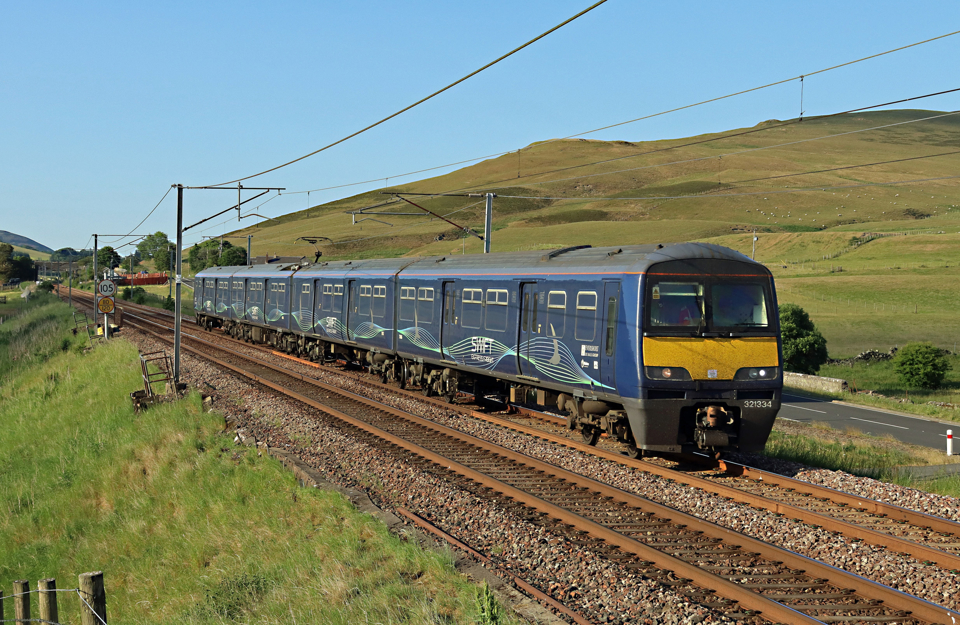

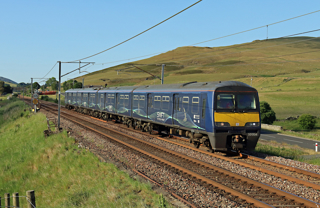
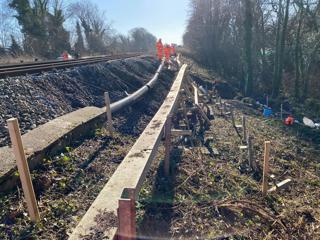

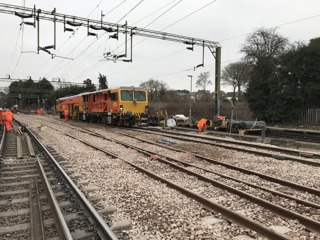
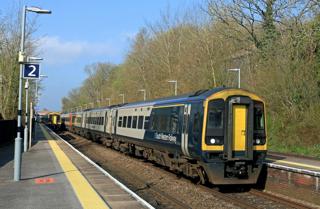












Login to comment
Comments
No comments have been made yet.